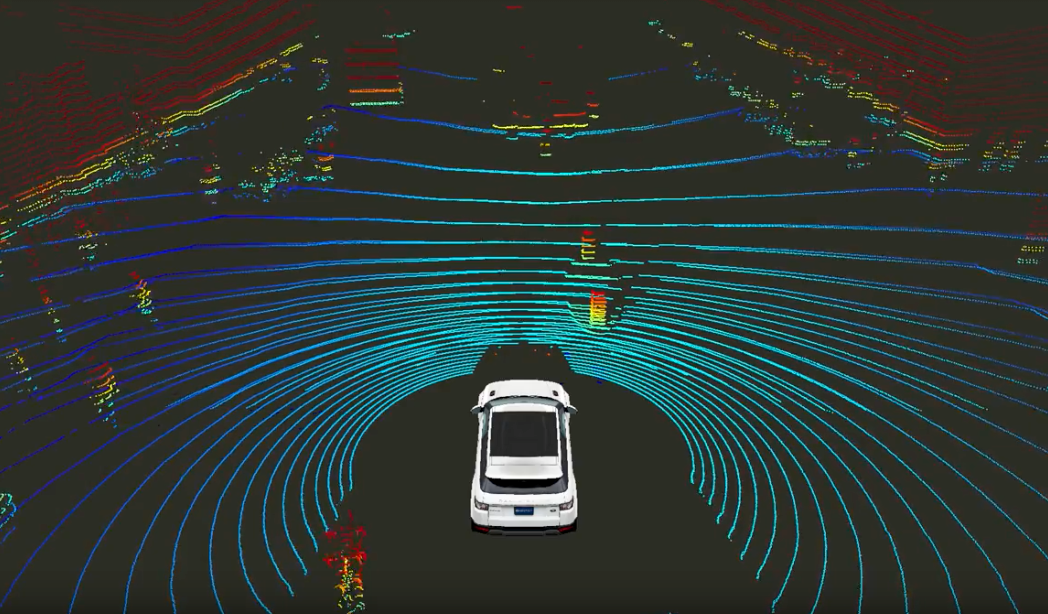Autonomous systems make informed decisions for themselves in complex environments. As they become increasingly used in all aspects of our daily lives, new questions arise about the role of the public, engineers and regulators in ensuring the safe and ethical deployment of this technology. The National Engineering Policy Centre’s (NEPC) project seeks to understand the risks and benefits associated with autonomous systems across sectors and how they should be designed, developed and deployed to ensure benefits are widely distributed and no one is disadvantaged.
Through sector deep dives, e.g. transport and healthcare, the project has considered
- What is unique about how autonomous systems are developing each sector
- The specific challenges to safe an ethical deployment
- Identification of emerging good practice
- The limitations of existing regulation for autonomous systems and where a step change is requires, without limiting innovation
- Investigate where sociotechnical and regulatory challenges are common across sectors and where they are sector specific
Recent publications
Autonomous Healthcare, March 2023
The second in a series of sector specific deep dives on the safety and ethics of autonomous systems. This deep dive set out to explore the potential role of autonomous systems in healthcare by exploring opportunities and challenges in introducing autonomous systems in the healthcare sector.
Workshop report on regulation and emerging standards, March 2023
This report summarises a workshop focused on the role of regulations and standards in governing autonomous systems. The aims of the workshop were to understand the barriers to adoption and identify the requirements for the safe and ethical development and deployment of autonomous systems.
Past work
The project was launched at a cross-sectoral event on 2 July 2019 with the question “What is the regulatory step change required for safe and ethical deployment of autonomous systems?”. Expertise from industry, academia, regulators and government was convened through a series of panel discussions which investigated three main areas:
- The risks and benefits of autonomous systems
- The regulatory step change required to mitigate such risks
- The range of non-regulatory mechanisms that can be used to support development of autonomous systems in the meantime
The findings from this event have been explored and tested through deep dives in specific sectors.

Autonomous Transport
This paper presents the current opportunities and challenges of developing an autonomous transport system. This 'transport deep dive' looked across different transport modes including road, air, sea and rail at a multidisciplinary roundtable discussion held by the NEPC.
Depending on how they are envisioned, engineered and implemented, autonomous systems can create safer, more efficient and lower carbon transportation systems. This summary sets out the cross-cutting challenges such as safety assurance, ethical considerations and public perception, as well as highlighting the enabling factors. It identifies that complete integration across the different modes of transport system is required in order to fully realise the potential benefits. Questions still remain around these complex issues but we aim to move this debate forward by highlighting the cross-cutting challenges to open up opportunities for further cross-modal collaboration.
This is the first in a series of sectoral deep dives, through these explorations we hope to build our evidence base, and make recommendations to support the safe and ethical development and deployment of autonomous systems in the UK.

Working Group
The project was led by a working group which provide engineering expertise and oversight of the project. It includes representatives from a number of partner organisations: BCS: The Chartered Institute of IT, Engineering Council, Institution of Agricultural Engineers, Institution of Engineering and Technology, Institute of Marine Engineering, Science and Technology, Institution of Mechanical Engineering and Royal Aeronautical Society.
- Professor Muffy Calder OBE FREng FRSE FBCS
- Andrew Chadwick
- Lambert Dopping-Hepenstal FREng FIET FRAeS
- Dr Chris Elliott MBE FREng FRAeS
- Professor Michael Fisher FBCS FIET
- Dr Sylvain Jamais FIMechE
- Professor Nick Jennings CB FREng FIET FBCS (Chair)
- Professor Marina Jirotka FBCS
- Professor John McDermid FREng FBCS FIET
- Gordon Meadow FIMarEST
- Dr Robert Merrall FIAgrE
Related Projects
Data and AI
The Academy has undertaken a wide range of projects on the role of data and artificial intelligence (AI) in shaping the…
Health
How engineering can improve public health, from pandemic response to improving healthcare systems.
